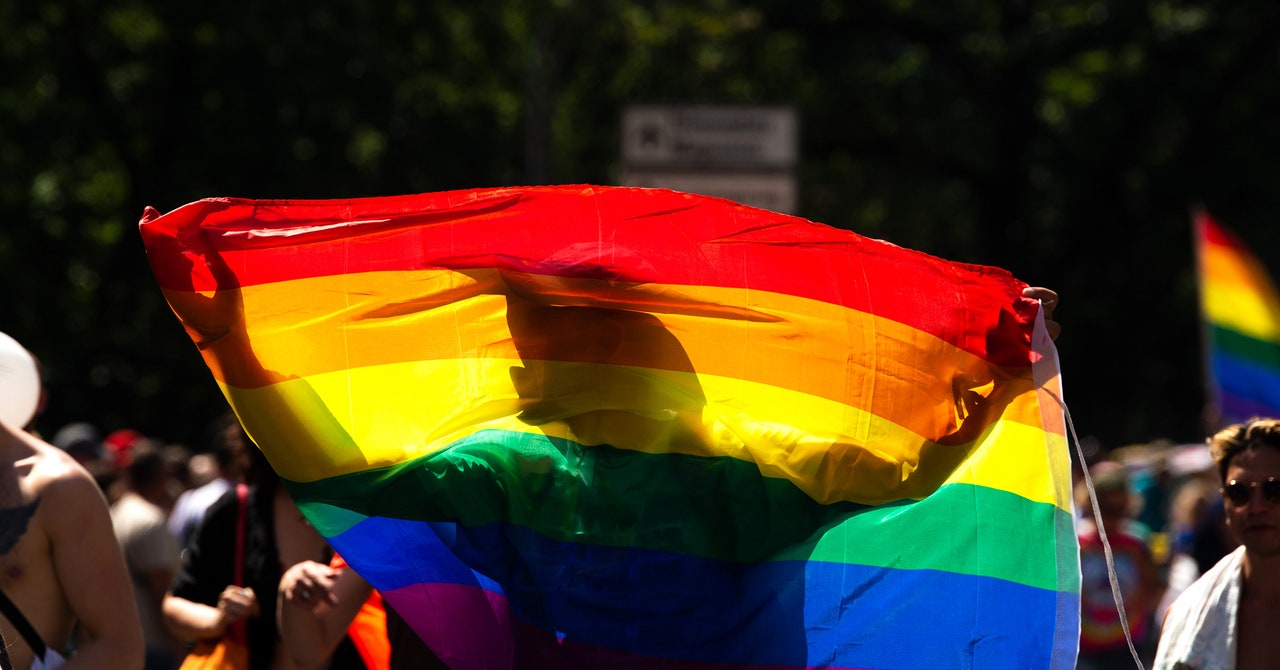About once a For two weeks, David Ermes gets an email from a journalist or fact-checker along the lines of “Boys have to dress up like girls in school queer week, is it true?”
“Of course I can say it’s not true – it’s not even legal, since we don’t have school uniforms,” said Ermes, head of communications at the education ministry in Schleewig-Holstein, Germany’s northernmost state. Over the past year, he has faced a steady stream of misinformation spread on social media that misrepresents conversations about LGBTQ rights and attempts to “paint a picture of sexualized schools in Germany.” He has dispelled rumors circulating in Hungary about German children being forced into “cross-dressing classes” and debunked a viral video in Serbia and Bosnia in which a woman claims the education ministry is requiring boys to wear dresses to school or parents to wear a dress. getting fined. “Even though we want an educational debate in the public field, it’s getting more and more difficult,” he says. “While you would have time to discuss with quality information [and] reason, your time is taken up in defending notions of nonsense.
False claims of being forced on children are spreading worldwide, as part of a wider trend of false information misrepresenting the LGBTQ community and comprehensive sex education in schools. Discussions of trans rights and common ground such as drag queen story hours, which are at the heart of immense cultural conflict in the US, have been imported into Europe. Pride month, which runs through June, has inevitably seen an acceleration of these disinformation campaigns, with far-right figures and conservative commentators spreading untruths, some of which have provoked offline attacks.
“Pride has become a time of the right-wing media’s obsessive focus on LGBTQ people,” said Ari Drennan, LGBTQ program director for Media Matters for America, which monitors conservative disinformation. “LGBTQ people are celebrating who we are and that is unacceptable to people within the right-wing media.”
“Drag queen story hour,” a children’s event that began in San Francisco in 2015 but is now an international network of events and organizations, features transvestites reading children’s books and promoting gender inclusion in public libraries, schools, and bookstores. It quickly became controversial among conservative figures and weaponized in culture war narratives, ending as a flashpoint for American public outcry over sex positivity and transgender inclusion – reminiscent of past moral panics around homosexuality. Anti-drag protests have become a regular part of American cultural life, with more than 203 mobilizations in the past year, according to the Institute for Strategic Dialogue, an anti-extremism nonprofit, in a June 22, 2023 report on anti-drag efforts. .
Drag-related initiatives are now being relentlessly misrepresented on social media, especially during Pride month. False and misleading claims proliferate that parents are enforce shows on children against their will and that drag queens give children lap dances and expose themselves indecently.
Several US brands have also become caught up in the crosshairs of the growing disinformation effort. Bud Light Beer’s partnership with transgender TikToker Dylan Mulvaney sparked a right-wing attack, with false claims that the CEO of parent company Anheuser-Busch “apologised” for the partnership and that the influencer was the “face” of tampon brand Tampax. Retail chain Target faced a particularly volatile response to its Pride merchandise, grappling with numerous falsehoods, such as its “pleat-friendly” adult swimsuits that are for kids. Despite offering Pride products in the month of June for more than a decade, the chain announced in May that it would be removing some items following threats against staff and in-store attacks on displays.

